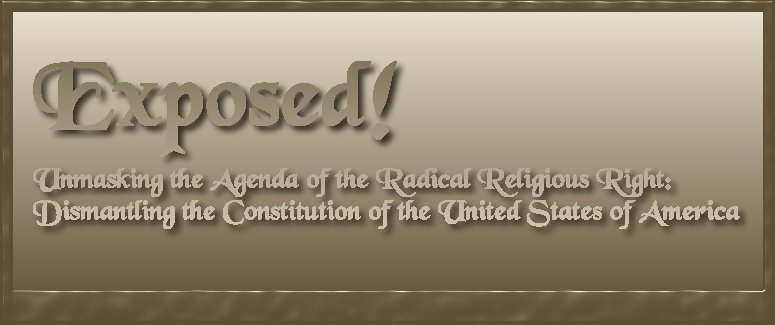On November 12, 2004, at about 10:40 pm EST, I received a phone call from Pete McCloskey. I had called him earlier that month seeking clarification on the end of the trial. I had a pleasant conversation with Mr. McCloskey and I thank him for taking time to return my call and to answer my questions in such detail. I also thank him in advance for copies of the material he is sending me for reference.
According to Mr. McCloskey, Mr. Robertson had filed the lawsuit a year earlier in 1987. At that time, a trial date of March 21, 1988 was set and Mr. Robertson and his attorneys agreed to that date. In this sort of trial, there is a date by which all evidence to be presented must be made available to both sides and after that date, no new evidence would be accepted.
Mr. Robertson was refuting three statements he attributed to Mr. McCloskey: that he had used his father's influence to get a post away from the front lines, that he himself had sought ways to avoid duty at the front and that he was the liquor officer for the division headquarters. (Many of Robertson's followers find the use of alcohol to be sinful and therefore Mr. Robertson's procurement of alcohol for the troops would not have looked good.)
As the date for evidentiary disclosure approached, Mr. McCloskey still had not found a corroborating witness to verify that Mr. Robertson had in fact been the liquor officer. Then they located a man named Paul Brosman who had served four months as a rifle platoon leader. As was customary, after four months on the front line, they rotated these leaders back to the rear to train new leaders. But Mr. Brosman ended up at the same post as Mr. Robertson and in fact shared a tent with him.
Both Mr. Robertson's and Mr. McCloskey's lawyers went to Louisiana to interview Mr. Brosman, now a retired professor of linguistics. Mr. Brosman not only confirmed that Mr. Robertson was in fact the liquor officer but also revealed that Mr. Robertson had consorted with prostitutes, feared he had gonorrhea and was prone to sexually harass the young Korean woman who was their "maid" on the base.
To make a long story short, the day before the trial was to begin, Mr. Robertson asked the judge to dismiss the case. She explained that the case could be dismissed either with or without prejudice. Without prejudice meant that Robertson would have to pay not only the court costs (which totalled about $60,000) but also Mr. McCloskey's attorney's fees (which totaled about $400,000). But the case could be refiled. With prejudice meant that Robertson essentially conceded he could not win the case, but it would also mean that he didn't have to pay Mr. McCloskey's attorney's fees. Mr. Robertson opted for dismissal with prejudice. So essentially, my "wild speculation" was correct: the case was thrown out because other vets had backed up Mr. McCloskey's claims as well as revealed more that Robertson didn't want to be made public.
I don't think it's a coincidence that that was the last time Robertson ran for the presidency. I seriously doubt Robertson will ever again run for public office because if he does, he knows that those records are out there and that the press will bring them up. Kind of like I'm doing now...
For more information on this whole incident, you can read Pete McCloskey's book, "The Taking of Hill 610, and Other Essays on Friendship".

